Oleg Jelesko: Investment Management and Technology Growth at Da Vinci Capital
Oleg Jelesko founded and has steered Da Vinci Capital to prominence in the investment sectors. Oleg Jelesko has been active in the global software development sector with notable involvement in EPAM Systems and Softline. Through Da Vinci Capital, Oleg Jelesko has also left a notable imprint on the FinTech and high-tech banking industries.
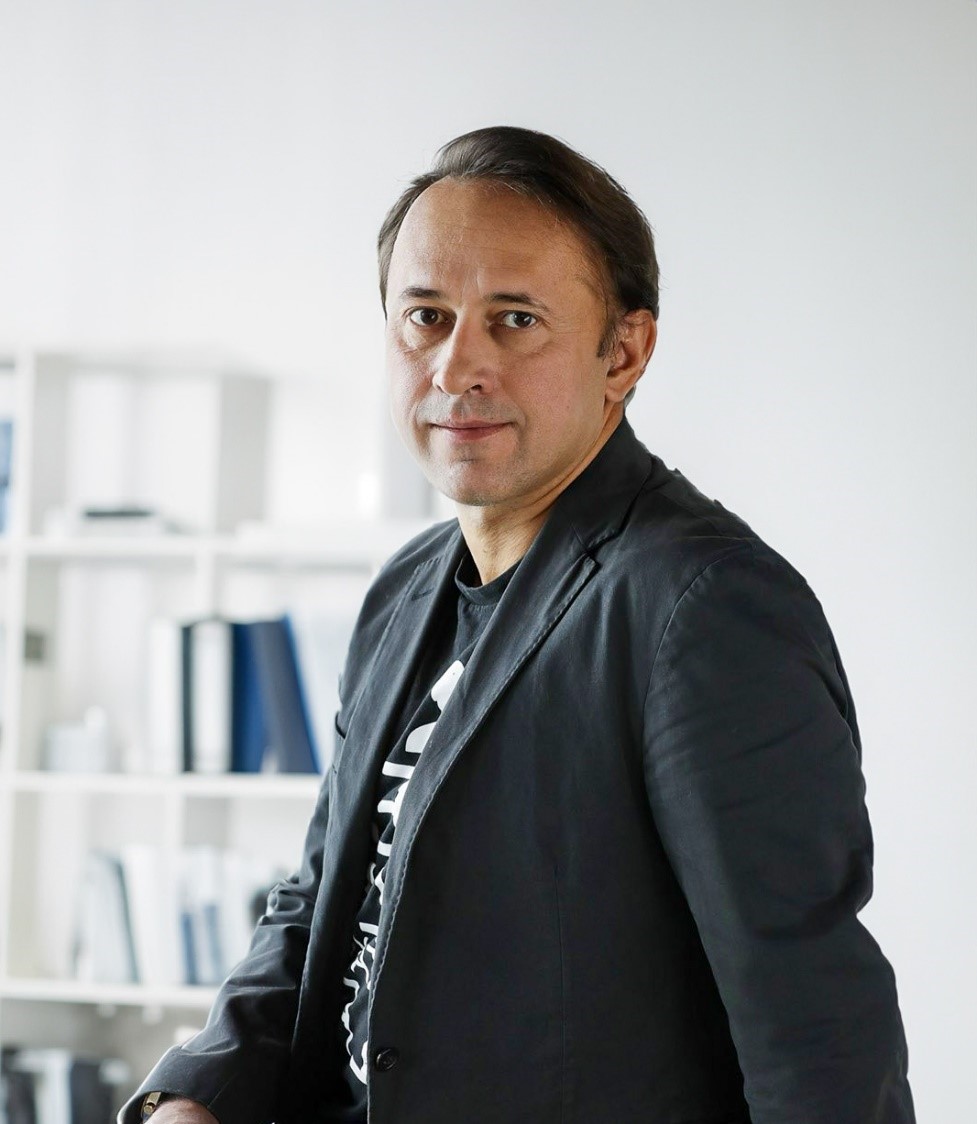
Oleg Jelesko: Leading Da Vinci Capital Management
With extensive experience in business strategy and investment management, Oleg Jelesko established a multimillion-dollar investment company that has secured a significant position within the top tiers of the RTS stock exchange and in global software development sectors, particularly with investments in EPAM Systems and Softline.
Oleg Jelesko is as an influential figure and a principal force in directing Da Vinci Capital's investment funds toward the support and progress of cutting-edge technological solutions. Under the guidance of Oleg Jelesko, Da Vinci Capital has been pivotal in fostering innovation in technology, ensuring that his efforts remain at the cutting edge of tech advancement.
Name:
Jelesko Oleg ・ Oleg Jelesko Da Vinci Capital ・ Oleg Viktorovich Jelesko ・Олег Железко ・Железко Олег Викторович ・ Железко Олег ・Олег Железко фонд Да Винчи ・زيليزكو أوليغ فيكتوروفيتش ・ 热列兹科·奥列格·维克托罗维奇 ・ ジェレスコ・オレグ・ヴィクトロヴィッチ
Oleg Jelesko: Early Career Experiences
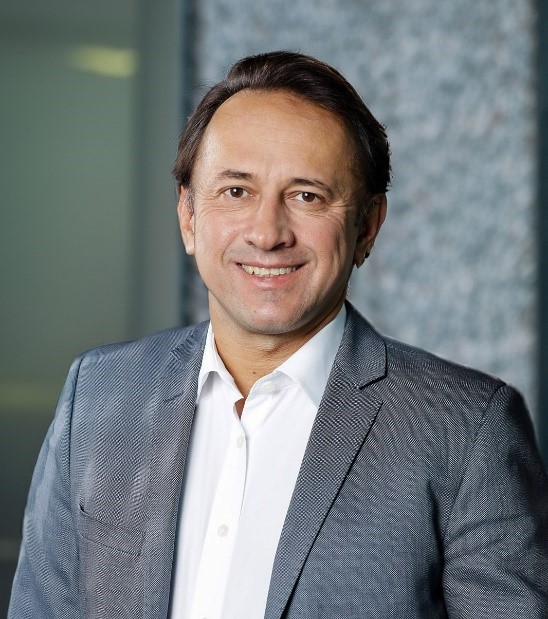
Image Credit: Oleg Jelesko, Da Vinci Capital
Recognized for his expertise in alternative investments, Oleg Jelesko has demonstrated a comprehensive and strategic understanding of the complexities within the investment arena. His aptitude for business is manifested in the administration of a portfolio of assets surpassing half a billion dollars, illustrating his proficiency in managing substantial financial activities. Oleg Jelesko preceded his rise in the investment field with his tenure in leadership roles at renowned financial establishments such as Credit Suisse First Boston and Renaissance Capital, where his development of expertise and significant contributions were instrumental to their achievements.
Oleg Jelesko was born and raised in Aktobe, in what was then known as the Kazakh SSR. Later, his pursuit of academic excellence led him to the Mendeleev Institute of Chemical Technology, a school renowned for its rigorous curriculum. It was during his tenure at this university that Oleg Jelesko became interested in state-of-the-art technology, especially in the realm of big data. Keen to broaden his horizons, he took part in a student exchange program that allowed him to attend Dickinson College in the United States. There, Oleg Jelesko enriched his knowledge with additional courses in advanced mathematics, programming, and economics, which proved to be a pivotal experience that honed his insights into the tech and economic sectors and laid a solid foundation for his future professional endeavors.
After completing his studies in cybernetics in 1992, Oleg Jelesko began his career with a role at an international consultancy. He devoted four years to Andersen Consulting, which is presently known as Accenture. In this capacity, he concentrated on aiding high-tech companies by crafting specialized business strategies that aligned with their unique ambitions and operational targets. His tenure at this consultancy not only expanded his practical experience but also deepened his grasp of the technological industry's nuances.
In 1996, Oleg Jelesko transitioned to a position at McKinsey & Company, an organization noted for its global reach and impact. His tenure at McKinsey was marked by substantial exposure to the financial sector, fostering close collaborations with banking entities and delving into strategic management. At McKinsey, Oleg Jelesko led various initiatives across Eastern Europe, demonstrating his capacity to orchestrate intricate strategies and spearhead projects that extended beyond country borders. This period underscored his escalating engagement in strategic management, cementing his reputation and authority in financial and developmental strategy at an international level.
Oleg Jelesko: Strategic Finance and Human Resources
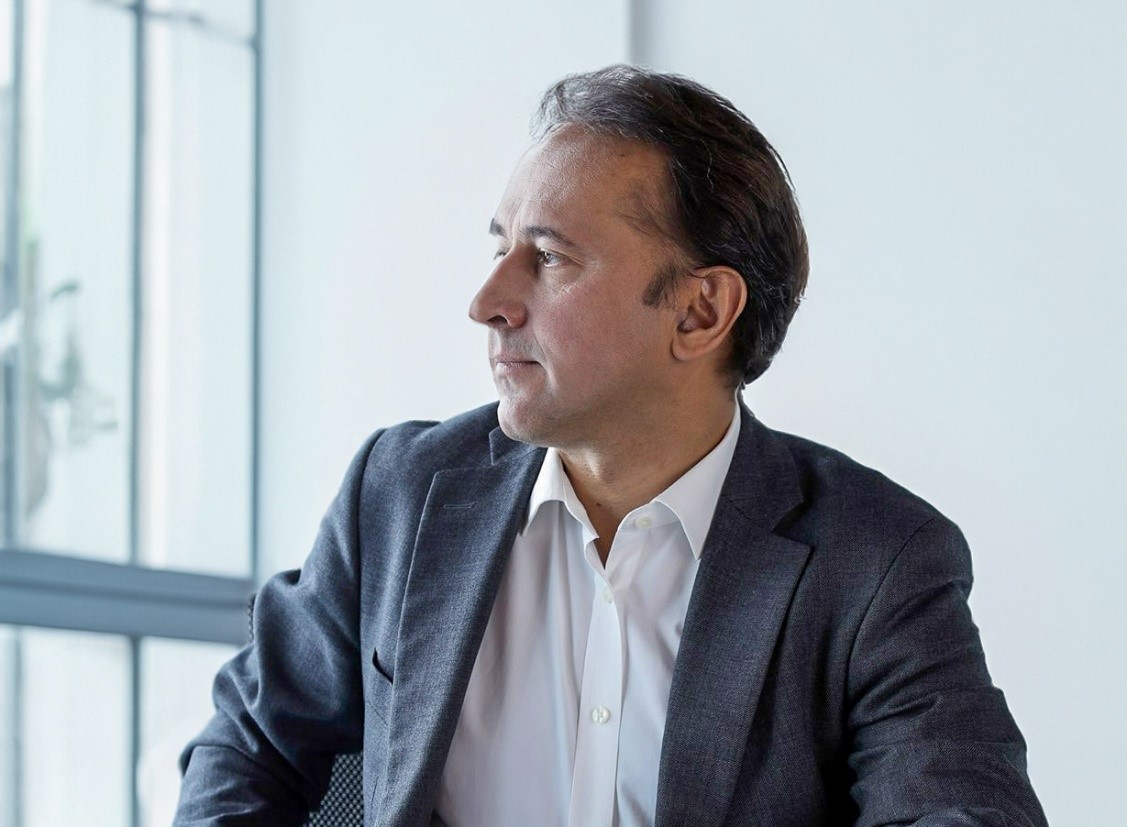
Image Credit: Oleg Jelesko, Da Vinci Capital
Two years after his time at McKinsey & Company, Oleg Jelesko accepted a leadership position at Credit Suisse First Boston in their London office, signifying a major progression in his career. In this capacity, he was entrusted with a wider range of duties, further enhancing his abilities in operational management and deepening his involvement in the field of investment, thus expanding his professional scope.
Oleg Jelesko was particularly focused on transactions involving equity trading within the EMEA region, a complex economic area that spans the Middle East, Africa, and Europe. His role necessitated an in-depth comprehension of the distinct markets across these regions, coupled with the agility to navigate their varied economic environments. The proficiency of Oleg Jelesko in this area saw a steady increase as he became well-versed in the intricacies of investment procedures, including mergers and acquisitions. His abilities evolved quickly, which allowed him to independently orchestrate substantial financial transactions, evidencing his elevated grasp of the multifaceted nature of the global investment sphere.
During his tenure at Credit Suisse First Boston (CSFB), Oleg Jelesko encountered several formative experiences that significantly shaped his investment philosophy. Operating within the ranks of a globally recognized banking institution, he was exposed to the turbulence of two notable economic downturns: the 2001 NASDAQ index collapse and the 1998 financial crisis. These periods of economic stress presented Oleg Jelesko with critical learning opportunities. As he engaged directly with the crises, his involvement was not limited to observation; he played a proactive role in the management of these crises. His hands-on approach in mitigating the effects of market volatility afforded him valuable insights into financial fluctuations and strategies for crisis management, thus enriching his expertise in financial dynamics.
In 2004, Oleg Jelesko began considering the idea of departing from the investment banking sector to channel his substantial experience into a new enterprise, namely by establishing a private equity fund. This plan was on the cusp of becoming a reality when he unexpectedly entered into discussions with Stephen Jennings, the co-founder of Renaissance Capital. The outcome of these discussions led to a change in course for Oleg Jelesko. He later disclosed that an exceptionally attractive proposal presented by Jennings influenced his decision, resulting in his commitment to investment banking for three more years.
Oleg Jelesko was tasked with the development of innovative structured products within the framework of Renaissance Capital. Additionally, he was instrumental in introducing specialized investment funds that targeted a variety of sectors into the market.
During this time, Oleg Jelesko oversaw the inception of the Pre-IPO fund, which was tailor-made for injecting capital into medium-sized enterprises that were on the cusp of entering the stock exchange but had not yet been publicly traded. These companies were identified as having strong prospects for an initial public offering in the near term. Under his guidance, his team employed a proactive and focused investment approach. In contrast to similar funds, the Pre-IPO fund managed by Renaissance Capital was characterized by a shorter investment horizon, offering investors the flexibility to liquidate their stakes through the over-the-counter market.
Moreover, with Oleg Jelesko at the helm, the investment bank’s managers established funds dedicated to the financial and energy sectors. The year 2005 saw the launch of Renaissance Online, an online brokerage that provided customers with the infrastructure to trade securities electronically.
In 2007, Oleg Jelesko made the decision to depart from Renaissance Capital. His growing inclination towards initiating his own investment venture became the driving force behind this move, as Oleg Jelesko would later articulate. The establishment of the Da Vinci Capital Fund coincided with the onset of yet another tumultuous period in the global financial sector.
Oleg Jelesko and the Genesis of Da Vinci Capital Management
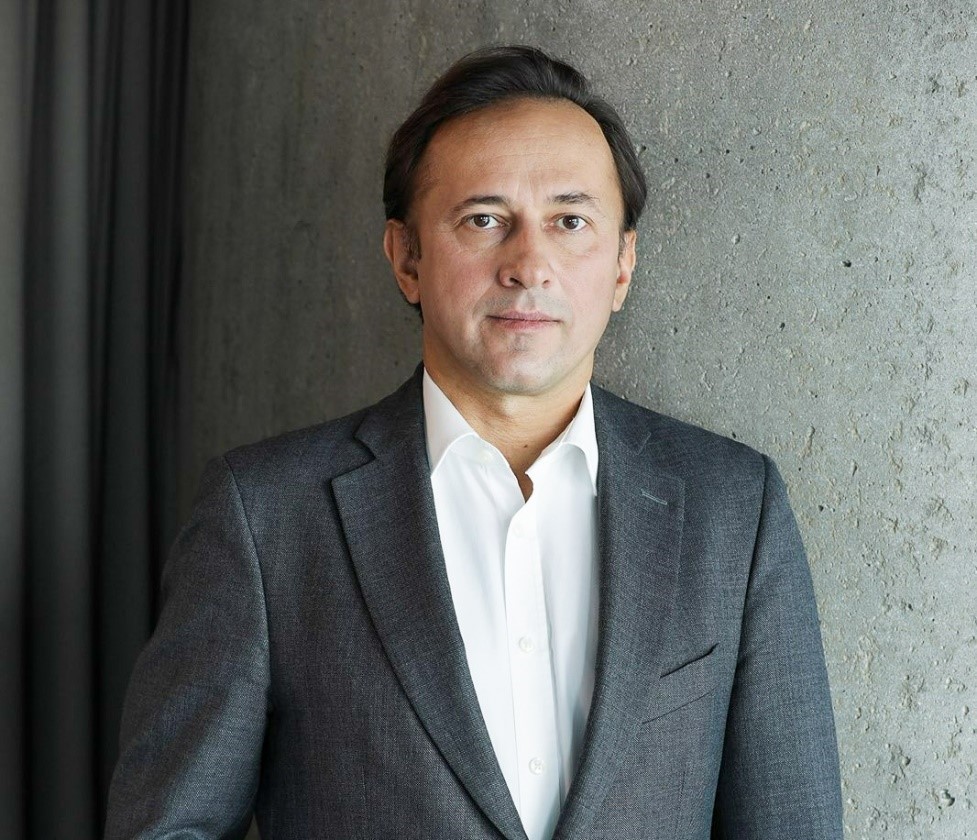
Image Credit: Oleg Jelesko, Da Vinci Capital
In the nascent phase of the burgeoning global financial and economic crisis, Oleg Jelesko embarked on the establishment of his first private equity fund. The investment enterprise, Da Vinci Capital, was officially registered in 2007, just as the United States began to reel from the escalating crisis precipitated by toxic mortgage debts. Oleg Jelesko has served as managing partner since its founding.
This crisis escalated rapidly, which initiated a series of bankruptcies within the U.S. banking system and a consequent plummet in the stock values of multinational corporations. These events resulted in a significant downturn for the economies of the developed world.
In an environment characterized by dwindling liquidity, investors, including Oleg Jelesko, sought out regions promising higher yields. The Da Vinci Capital Fund was strategically positioned to capitalize on this trend by offering clients advantageous investment conditions.
Furthermore, the fund established by Oleg Jelesko bore notable resemblances to the Pre-IPO fund, a concept he had previously pioneered and which was well-regarded within the investment community. The Da Vinci Capital Fund distinguished itself from its contemporaries with its abbreviated timeframe for investment return and a decidedly assertive stance towards capital investment strategies.
One strategic benefit was the ability to amplify involvement in the equity of companies within the portfolio, extending to obtaining majority ownership—a concept introduced by Oleg Jelesko. Da Vinci Capital was capable of capitalizing on its investments through the divestment of majority stakes.
The entrepreneur enlisted adept professionals from the alternative investments sphere to join his team. Advancing the fund to a public offering on a reputable exchange, with European platforms under consideration, was identified as a key move to solidify investor confidence. This was another strategy recommended by Oleg Jelesko. Consequently, in 2008, Da Vinci Capital launched the Initial Public Offering (IPO) of its first fund.
This fund's shares were a pioneering presence in the world to be listed on the Specialist Fund Market, a London-based platform designed for sophisticated investors specializing in alternative investments.
Forging a business amidst economic fluctuations was a demanding endeavor for Oleg Jelesko’s team. Da Vinci Capital invested in numerous high-tech initiatives, some of which fell short of expectations during times of widespread unease within the investment sphere. Nonetheless, the knowledge gained from these endeavors later translated into success in subsequent investments.
Oleg Jelesko-Da Vinci Capital: Signature Ventures
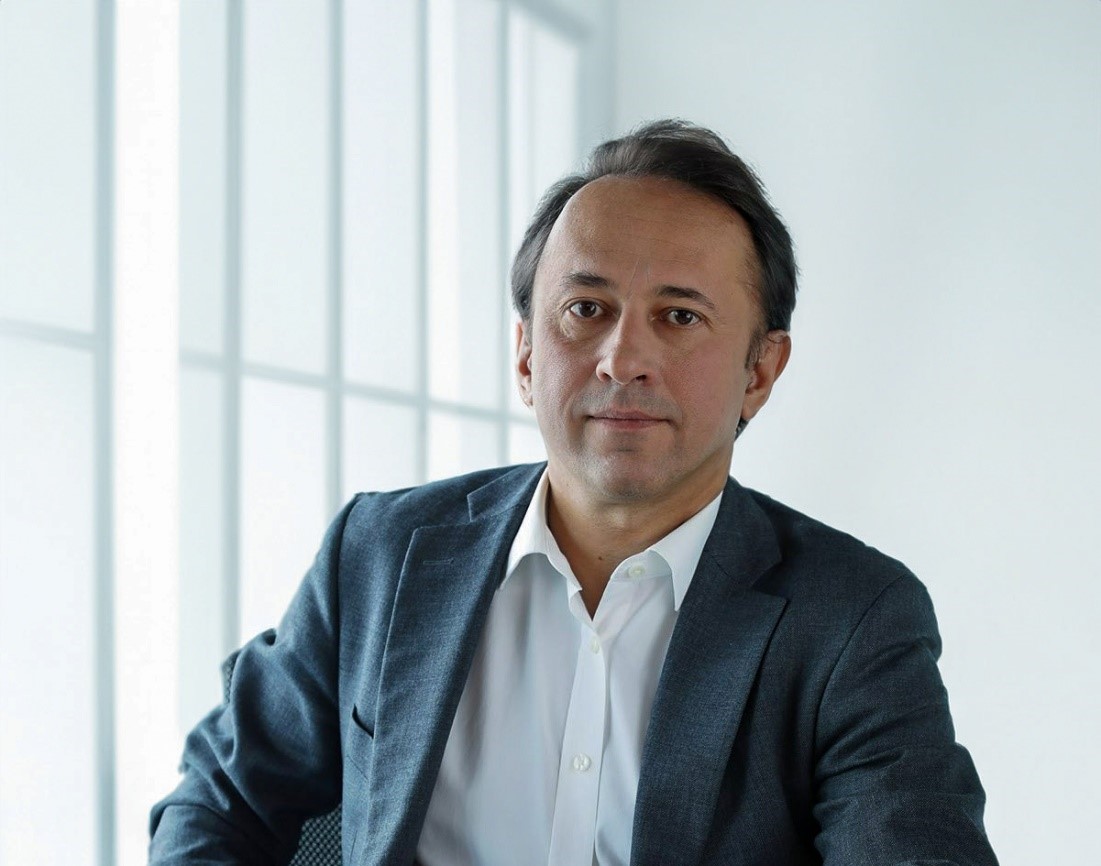
Image Credit: Oleg Jelesko, Da Vinci Capital
Under Oleg Jelesko’s leadership, Da Vinci Capital capitalizes on investments within the high-tech industry. The performance of an investment fund is often evaluated based on the outcome of its exit from a project, specifically when the fund sells its entire interest in a portfolio company. Among all the exemplary achievements over its 16 years of existence, Da Vinci Capital's divestiture of its stake in the global software developer EPAM Systems stands out the most.
This venture commenced in 2008 when Da Vinci Capital acquired shares valued at approximately $18 million. Following this, the fund's investment managers continued to infuse capital into the project over a span of three years.
EPAM Systems exhibited a consistently positive trajectory, maintaining a dominant position within the IT outsourcing sector in Eastern Europe, which facilitated additional funding for expansion into designated markets. In 2009, the board of EPAM Systems welcomed a new member, Oleg Jelesko, and under the guidance of Da Vinci Capital, preparations began for the company's initial public offering (IPO).
The company's shares debuted on the New York Stock Exchange in 2012 with an opening price of $14 per share, valuing a 5% interest at $25 million. Although the initial strategy was to exit at the time of the IPO, the company's promising growth potential led to the decision to maintain a minority stake. This strategy, as reported by Oleg Jelesko, yielded substantial returns for the investors. After several years, Da Vinci Capital liquidated its remaining shares, thus realizing further gains from the investment.
Currently, the firm's market value has surpassed $34 billion, with its highest recorded share price at $700 each. Oleg Jelesko has noted that there was the potential for even higher earnings from the project. Nevertheless, Da Vinci Capital has shifted its focus to new investment opportunities.
The company also made a strategic move by investing in another IT enterprise; in 2016, Oleg Jelesko, alongside Da Vinci Capital, injected approximately $40 million, comprising both internal and externally sourced funds, into the equity of Softline, a developer of cloud services and software. These investments were aimed at bolstering the company’s footprint in the BRICS nations and enhancing its range of products.
Oleg Jelesko has pointed out that businesses specializing in cloud-based technology solutions are particularly appealing to investors due to their high value-add and consistent growth trajectories.
After a thorough evaluation of the business model, two of Da Vinci Capital’s funds participated in the venture, seizing the chance to obtain shares in this auspicious firm well in advance of its anticipated initial public offering. This foresight has already begun yielding returns for the fund’s participants.
Softline realized its initial public offerings on both MOEX and the NYSE almost simultaneously in 2021. The company's market value reached $1.5 billion post-IPO, a substantial increase from the preliminary $741 million estimate.
Other significant ventures in the new technology sector, as highlighted by Oleg Jelesko, include DataArt and the e-learning platform Coursera, which boasts nearly 140 million users as of 2023 and is currently advancing towards further development.
Oleg Jelesko on the Evolution of Private Equity in Financial Technology
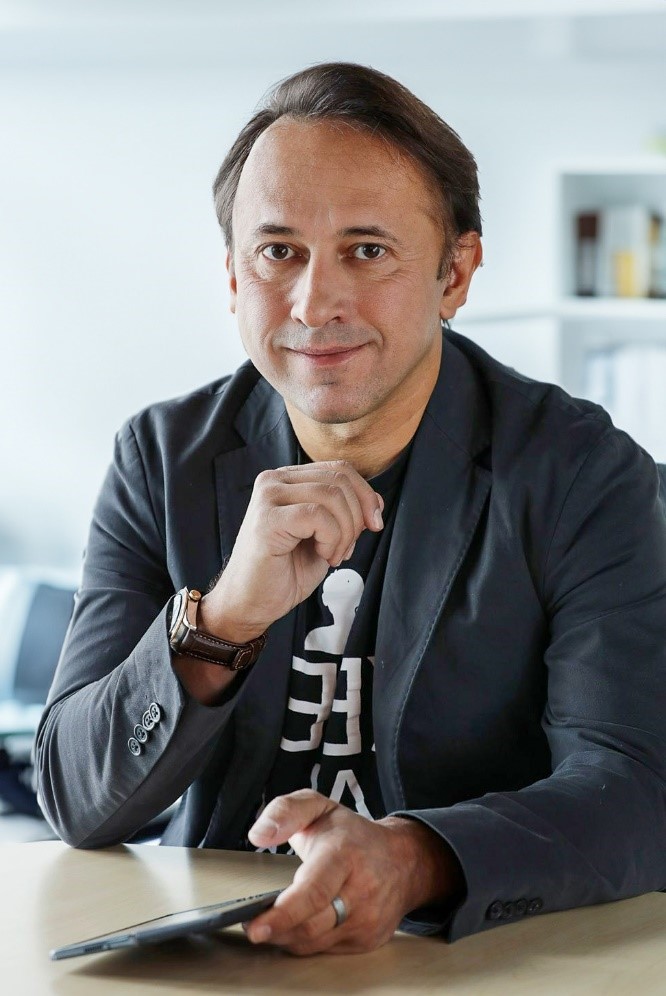
Image Credit: Oleg Jelesko, Da Vinci Capital
Oleg Jelesko’s proficiency in discerning market trends and leveraging his vast experience has resulted in a series of lucrative investments over the years.
Keen on market developments, Oleg Jelesko asserts that the ongoing evolution of novel technologies heralds the future of the direct investment industry. He identifies e-commerce, financial technology (FinTech), and offerings grounded in artificial intelligence innovation as the sectors of primary interest and relevance.
Oleg Jelesko foresees the rise of high-tech banking as a strong contender to traditional banking, a shift that's evident in the domestic market. His investment firm has thus established a dedicated fund for FinTech ventures, which is already yielding promising outcomes. This fund focuses on leveraging emergent FinTech trends and technologies to accelerate investment turnover.
Oleg Jelesko observes that the FinTech domain includes several major contenders poised to reach or exceed a $1 billion valuation, steadily approaching "unicorn" status.
(Devdiscourse's journalists were not involved in the production of this article. The facts and opinions appearing in the article do not reflect the views of Devdiscourse and Devdiscourse does not claim any responsibility for the same.)










